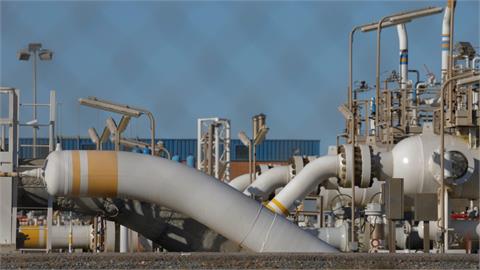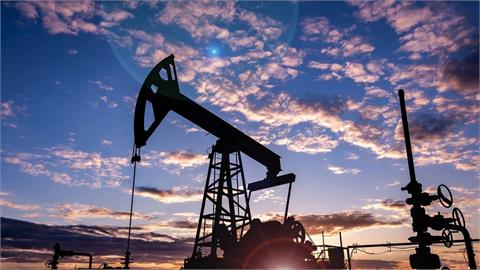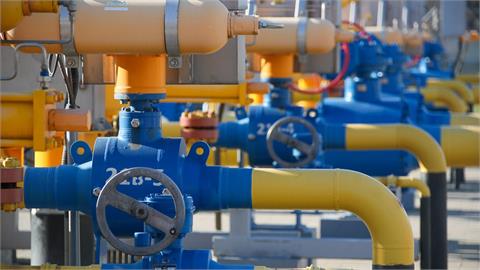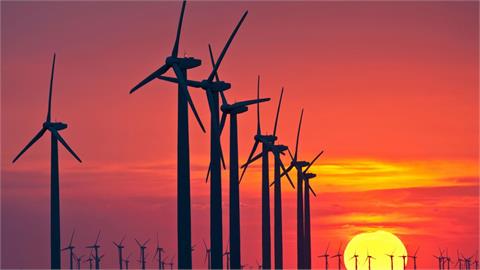LNG Canada, comprising a $18 billion LNG plant to be located in British Columbia and a $3.5 billion pipeline, is the first LNG project to reach a final investment decision (FID) in Canada, according to Dulles Wang, director of North America gas at Wood Mackenzie on Tuesday.
Wang said in a written statement that the project is also the first greenfield LNG export project worldwide in five years and marks an abrupt turnaround from 2017 when Petronas cancelled its Pacific NorthWest LNG project and Shell postponed an FID on LNG Canada in 2016.
"This would make LNG Canada the biggest project sanctioned globally since the Tengiz expansion was approved in 2016, and the biggest greenfield project to be sanctioned since Yamal LNG in 2013. It seems that mega-projects are back," Wang said.
LNG Canada is an equity project, as the partners will source gas from western Canada - principally the Montney play in British Columbia - and transport it via the proposed Coastal GasLink pipeline (100 percent owned and operated by TransCanada) to the liquefaction facility in Kitimat.
Wang said the motivation of main joint venture partner, Shell, in the project is evident as without this project, the company's upstream, LNG contract portfolio and LNG production was set to go into decline early in the next decade.
"Instead, this allows the company to extend LNG leadership and provides a platform for growth. It also meets wider company goals of adding reserves and building North American unconventional exposure where Shell is underweight compared to ExxonMobil and Chevron," he noted.
Wang stressed that for all the partners, it is also a signal of "growing confidence" in the LNG market. "Western Canada is strategically well located for supplying North Asia and will add supply and price diversity to each of the partners’ LNG portfolios. The partners also seem confident about the prospects for expansion, which should come at a substantially lower cost," he added.
The project is a joint venture comprised of Royal Dutch Shell, through its affiliate Shell Canada Energy (40 percent), Petronas, through its wholly-owned entity, North Montney LNG Limited Partnership (25 percent), PetroChina, through its subsidiary PetroChina Canada Ltd. (15 percent), Mitsubishi Corporation, through its subsidiary Diamond LNG Canada Ltd. (15 percent), and Korea Gas Corporation, through its wholly-owned subsidiary Kogas Canada LNG Ltd (5 percent).
According to Wang, each partner will be responsible for marketing its equity LNG. Phase one will see the construction of two trains with a combined capacity of 14 million tonnes per annum. A second phase could double that in the longer-term.



